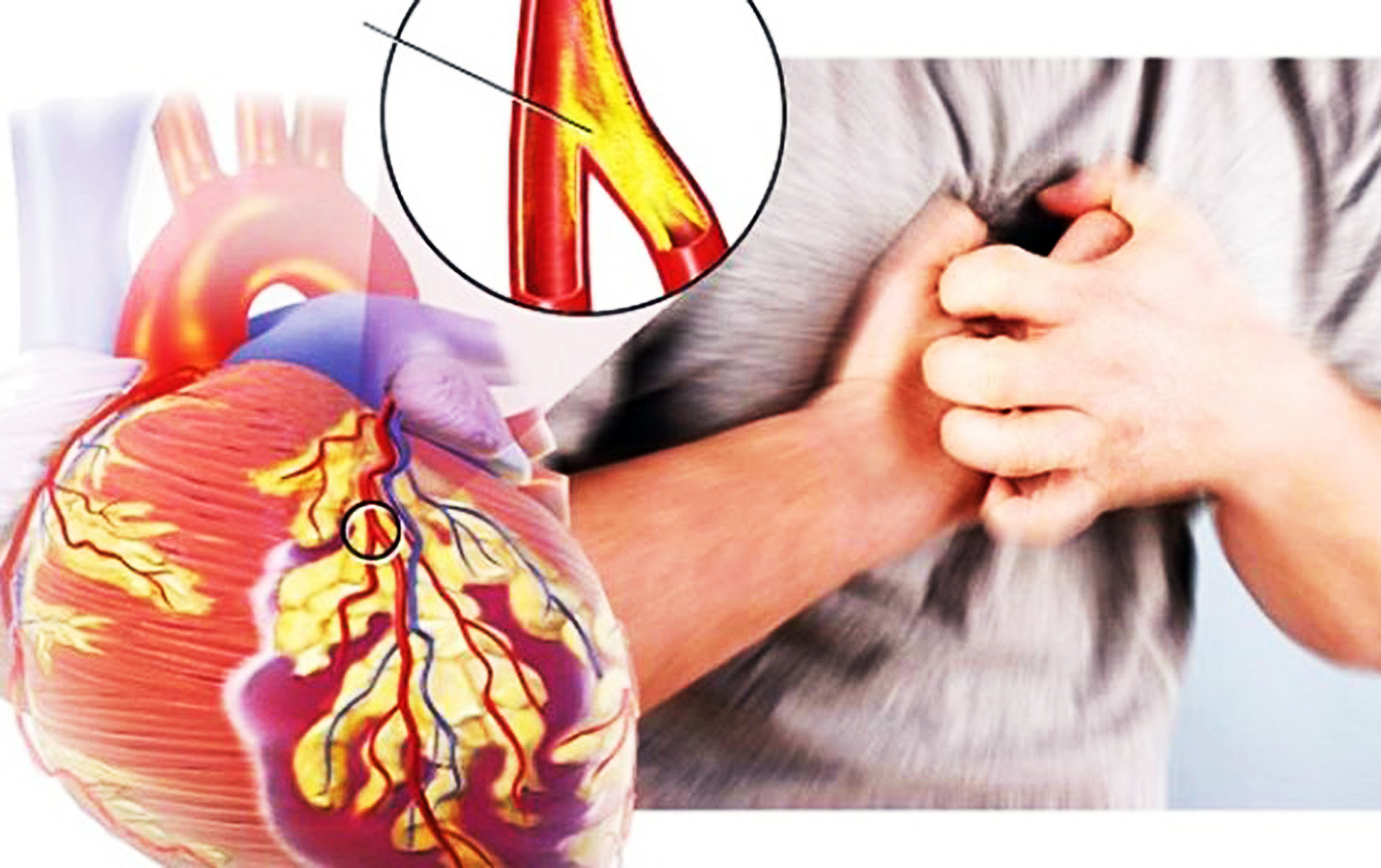Cigarettes silently 'kill' the heart
(Baonghean.vn) - Tobacco is one of the leading causes of cardiovascular diseases.
By various mechanisms,smokeis the cause of cardiovascular diseases. Among the heart diseases, smokers have the highest risk of high blood pressure, coronary heart disease, chest pain, arrhythmia and heart attack.
 |
| Smoking is a cause of cardiovascular diseases. Photo: Google |
High blood pressure
Within minutes of smoking, the heart rate begins to increase. It can increase by as much as 30% and return to normal within 10 minutes of smoking. In response to this stimulation, blood vessels constrict, forcing the heart to work harder to circulate oxygen.
Repeated smoking not only increases blood pressure but also changes it. When blood pressure increases, this phenomenon itself causes heart disease and more dangerously, high blood pressure leads to serious effects on the heart.
Coronary heart disease
Coronary heart disease accounts for more than half of all heart disease caused by smoking. Smoking is a risk factor for the development of atherosclerosis, which leads to heart disease.
One study found that people who smoked four cigarettes a day had a 2.5% increased risk of developing coronary artery disease.
Angina and heart attack
Angina pectoris, also known as ischemia, is a condition caused by a decrease in blood supply to the heart. Long-term smoking damages the lining of blood vessels, leading to chronic constriction of blood vessels. Affected blood vessels are more likely to form plaque. Plaque creates conditions for blood clots to form and block arteries, causing heart attacks.
If the heart muscle does not receive enough oxygen during contraction, part of the heart muscle can become paralyzed, resulting in a heart attack. Long-term smokers experience angina and heart attacks at a higher rate than non-smokers. Smokers not only experience more heart attacks than non-smokers, but they also experience heart attacks earlier and more often in their lives. Smoking is estimated to increase the risk of a heart attack in a year by 6.3 to 12.5% compared to non-smokers.
Arrhythmia and sudden death
Smoking can affect the normal functioning of the body by increasing the amount of ketone bodies, natural chemicals such as adrenaline. This can cause arrhythmias, or irregular heartbeats. Smokers are at increased risk of developing a dangerous type of arrhythmia called ventriculomegaly and poor brain function. Arrhythmias can increase a person's risk of dying from a heart attack.
Aortic aneurysm
Smokers are at increased risk of developing atherosclerotic plaques in the aorta. If the aorta becomes weakened by plaques, an aneurysm can form, and the aorta can rupture. Smokers are eight times more likely to develop an aneurysm than nonsmokers.
Cardiomyopathy
Heart disease occurs on a large scale, leading to effects on the heart muscle. People who suffer from this disease often have symptoms of severe fatigue and shortness of breath. Many studies have found that the risk of heart muscle disease in smokers is greater than in non-smokers./.








